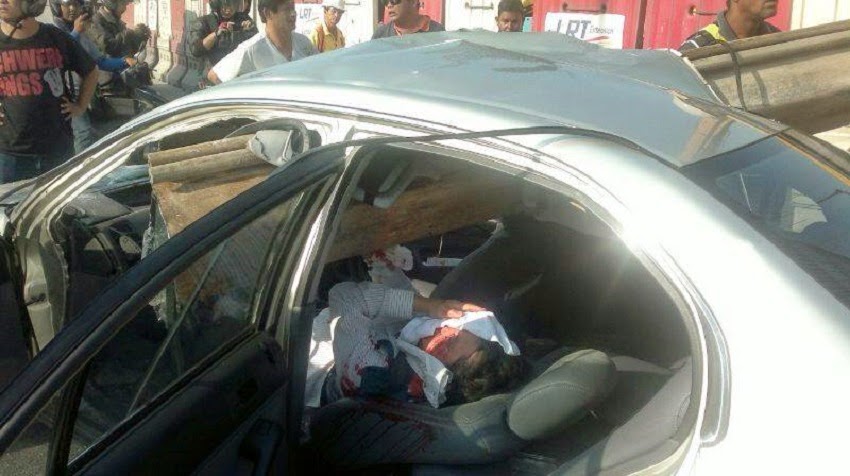I've noticed that the current generation of consumers are more demanding. They have more choices and they have more purchasing power. In this time and age, it is absolutely unacceptable for consumers being given the shorter end of the stick. Most times, they have to go against established brands and multi-national companies just to protect their rights.
The sectors that should be better regulated in terms of consumer rights is Property & Automobile, both which happens to constitute the largest commitment by consumers. The existing laws for both sectors are far from adequate. In fact, it is the businesses which are better protected than consumers!
Thanks to the internet & various forums as well as social media, big businesses can no longer hide or ignore complaints & issues as easily.
Protecting our interests Consumer group calls on government to implement ‘Lemon Law’
THE National Consumer Complaints Centre (NCCC) has urged the Government to make laws to help consumers seek prompt settlement in disputes over defective products.
“It is time the Government introduces what is known as a ‘lemon law’ for motor vehicles and other product purchases, to protect consumers,” said NCCC director Ratna Devi Nadarajan.
Ratna said the Consumer Association of Singapore described it as consumer laws providing a statutory right of action against a trader or manufacturer involving the sale of defective goods, in situations where there has been a failure to comply with the warranty in a purchase contract.
Such laws obligate sellers to repair, replace, refund or reduce the prices of defective goods.
Singapore introduced the lemon law on Sept 1, 2012, which was added to the Consumer Protection (Fair Trading) Act and with related amendments to the Hire Purchase Act and Road Traffic Act.
This makes it easier for consumers to have their day in court without being given the runaround.
“Malaysians are often left with a sour taste (hence the reference to lemons) after paying for a product or service that is defective or not up to standard, especially more so now against the backdrop of rising costs of living.
“For example in renovation works, the grouse is usually poor workmanship or a hold-up in completion,” said Ratna.
“Most people may not understand the nature of lemon laws, but basically the laws will help consumers become better informed, enabling them to make trade-offs based on quality and price.
“This can signal to the market that product standards are of importance.
Read more here: http://www.thestar.com.my/News/Community/2014/12/18/Protecting-our-interests-Consumer-group-calls-on-government-to-implement-Lemon-Law/













